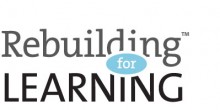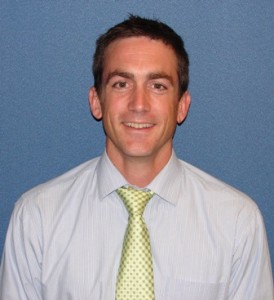Engagement, a word in itself familiar to many, but perhaps we often miss the real meaning this word has and the magnitude of this word in lives of youth in our area.
France is currently reeling from violence associated with disengaged citizens. Ultimately, the violence expressed in many parts of the world in regards to radicalism is often tied to a lack of engagement between these individuals and the communities for which they are a part. Why? Lack of engagement creates a potential for isolation. A broad body of research illustrates engaged youth are less likely to participate in delinquency and interpersonal violence. While we are on far opposite sides of the continuum between radicalized youth in France, and our current student population in our La Crosse Schools; the takeaway is the importance of the work we have done locally to engage the youth in our schools.
But this doesn’t just happen to youth in our schools. There also is potential for this in our neighborhoods. Isolation in our neighborhoods can pervade as neighborhoods transition in type of use. Some of La Crosse’s neighborhoods that once represented major population sources for the school district became dominated by residents with higher mobility rates (moving into and out of the neighborhood). Neighborhoods more transient in nature, may lack core families or residents and have the potential of reinforcing isolation to the neighborhood’s children. These children may once again “slip through the cracks”.
Rebuilding for Learning efforts led by the La Crosse School District, La Crosse County and the City of La Crosse, are directly tied to better engagement of students. Rebuilding for Learning emphasizes the role that blighted neighborhoods may have in disengaging students, and the impact this plays on student’s ability to learn in the classroom.
The City of La Crosse is recognizing the importance City neighborhood’s play in the City’s overall health. A lack of reinvestment in some neighborhoods is very strongly correlated with the challenge of higher mobility rates. The City and County’s local economic development efforts have tried to support neighborhood activities with staffing resources for programs such as La Crosse Promise, the La Crosse Neighborhood Development Corporation, Reinvest La Crosse, Project Restore, and other various initiatives.
Rebuilding for Learning illustrates to the City, County and School District the intricate role each organization plays in the efforts of each partner. Rebuilding for Learning illustrates that student reengagement will be very difficult for a School District, if the City and County are not on-board with some of the external factors that disengage students. It is interesting to me how full circle the role of engagement plays in our world. Students, youth, I would even go so far as to say “people” thrive when they are engaged in their environments. Engagement by students in the classroom, in their families, and in their communities is the work that Rebuilding for Learning efforts aim to support. As we see the current issues affecting our Country and world, we are once again reminded on the critical importance that engagement of our youth plays in a well functioning, democratic society.
Karl Green
Community Resource Educator – La Crosse County UW Extension

